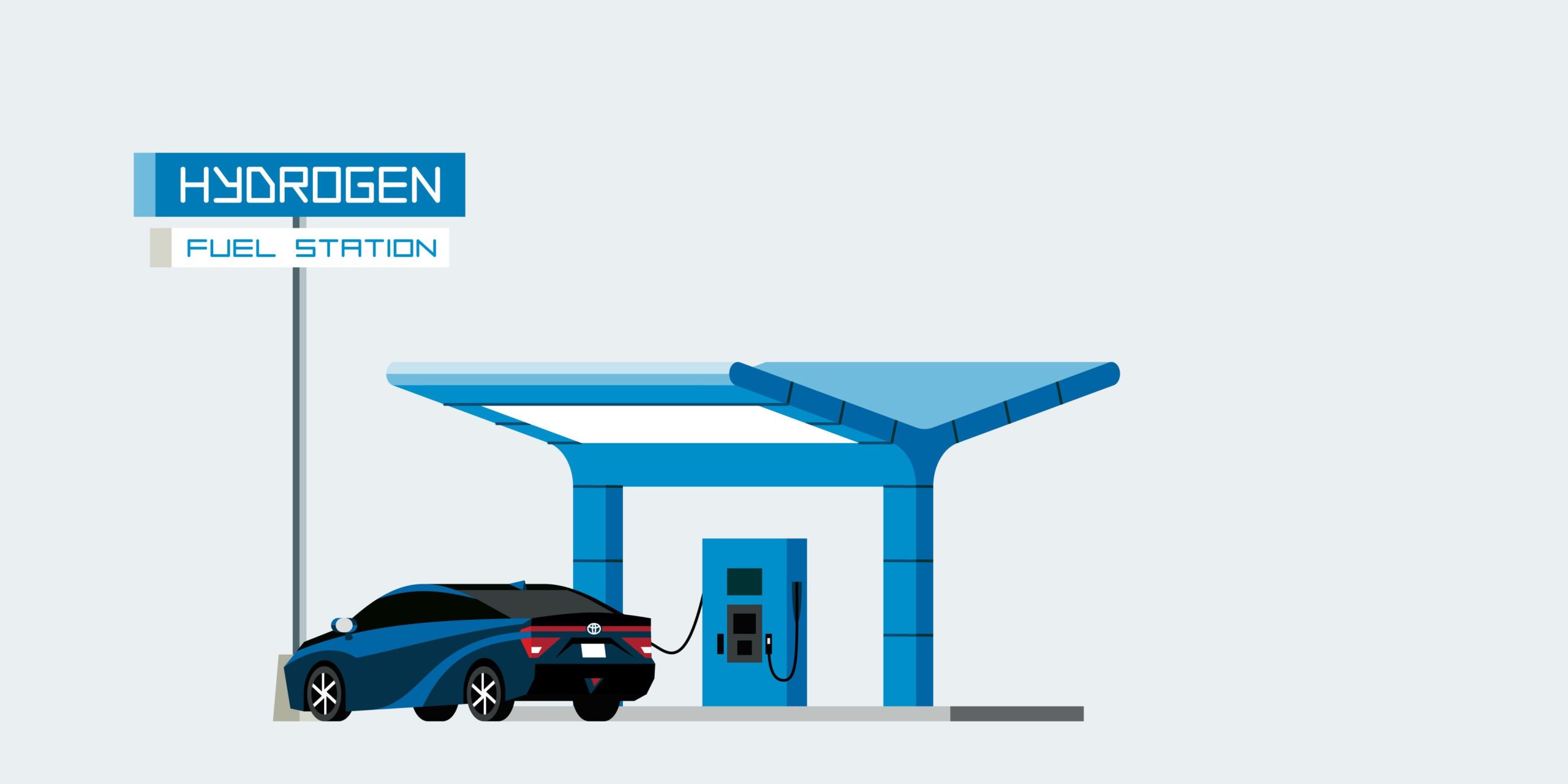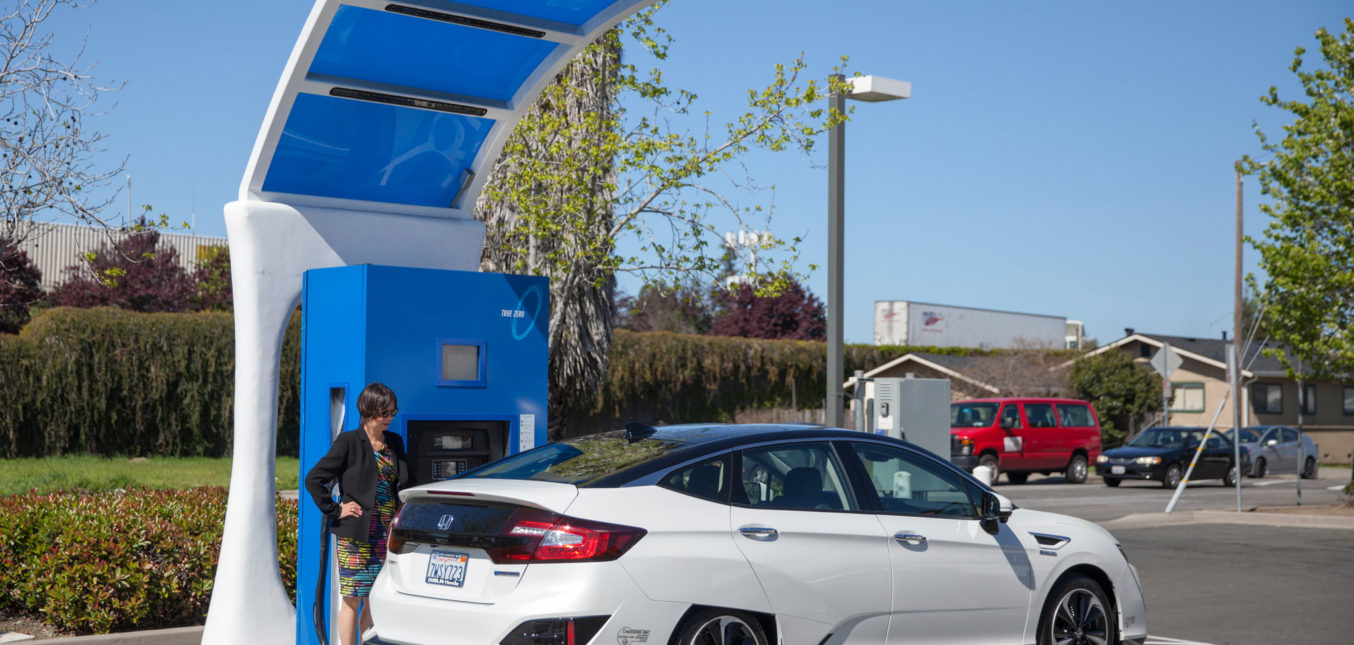Corporate Knights: “In this time of great uncertainty, frontline and essential workers are working to keep us safe from the COVID-19 crisis, businesses are racing to retool to fill critical healthcare needs, and governments are working tirelessly to roll out urgently needed financial relief and keep essential services intact. These efforts are paramount as we strive to flatten the curve on this pandemic and keep households and communities afloat.”
Canada’s auto-manufacturing sector has joined in delivering essential services and is currently redeploying to produce desperately needed medical supplies, including ventilators. It’s a move that could help countless Canadian lives. As that essential work continues, many of us are looking ahead at the eventual task of rebuilding Canada’s economy when we finally emerge. Along with immediate financial relief for workers, businesses and communities, discussions are already underway around how investments can be made to stimulate our economy for the long-term and insulate workers against future shocks.
For the auto sector itself to thrive post-pandemic, significant opportunity lies in creating jobs and stimulating our domestic economy through investments in electric vehicle production. In recent years, we’ve seen a downturn in conventional engine (non-electric) vehicle production in Canada, with plants closing and thousands of jobs lost. A newly released report by the Pembina Institute and the International Council on Clean Transportation found that in order for Canada to future-proof its auto industry, we’ll need financial investments paired with targeted policy driving electrification.

Along with light- and heavy-duty electric vehicle manufacturing, we found huge potential for hydrogen fuel cell production in Canada. It’s expected that hydrogen will play a major role in the electrification transition for commercial vehicles. We can build on early leadership in developing and producing hydrogen fuel cell technology, especially for heavy-duty freight vehicles in the long term. With hydrogen and fuel cell companies already in British Columbia, Alberta, Manitoba, Ontario, and New Brunswick, the potential for job growth across the country is ample.
Finally, while federal and provincial investment is critical to give the electric vehicle industry the boost it needs, any support should be complemented by a comprehensive suite of policies. Electric vehicle supply needs an increase in demand, and vice versa. By giving investors and consumers the policy signals they need (research and development funding, financial support for manufacturing plants, a clean fuel standard, and a national zero-emission vehicle sales mandate), we can help fuel both supply and demand.

